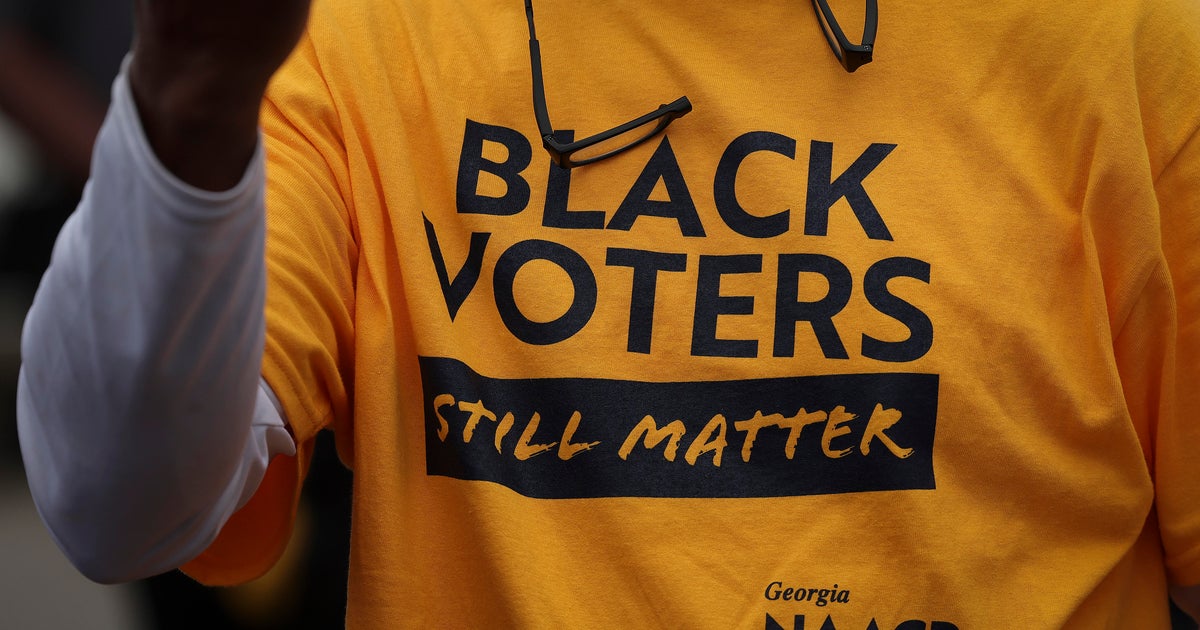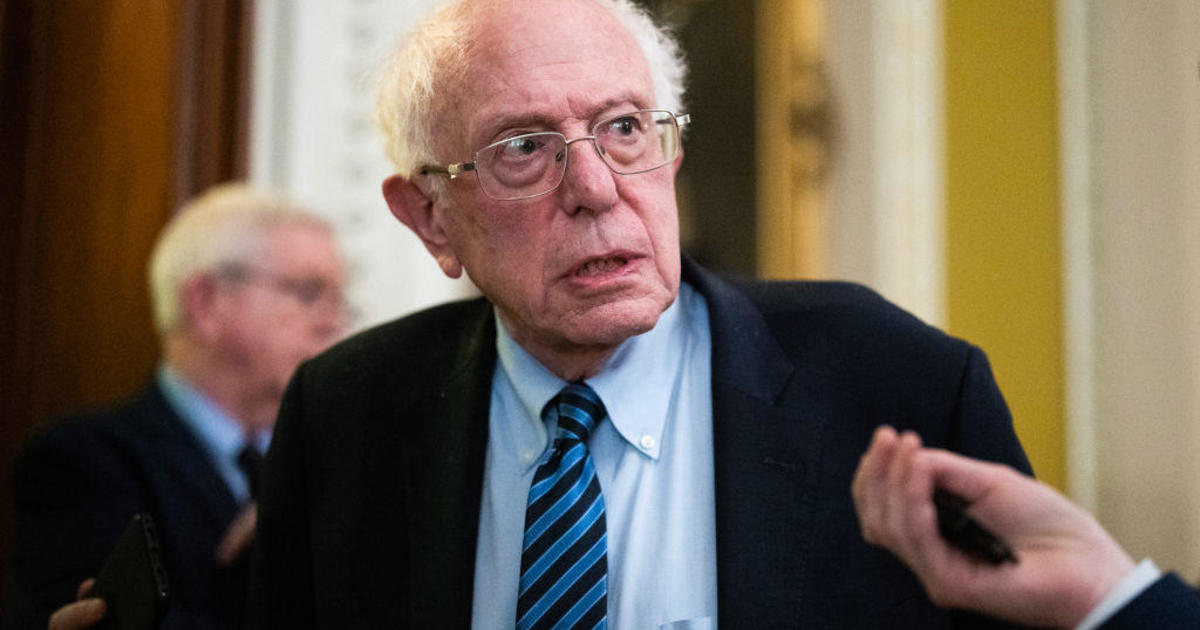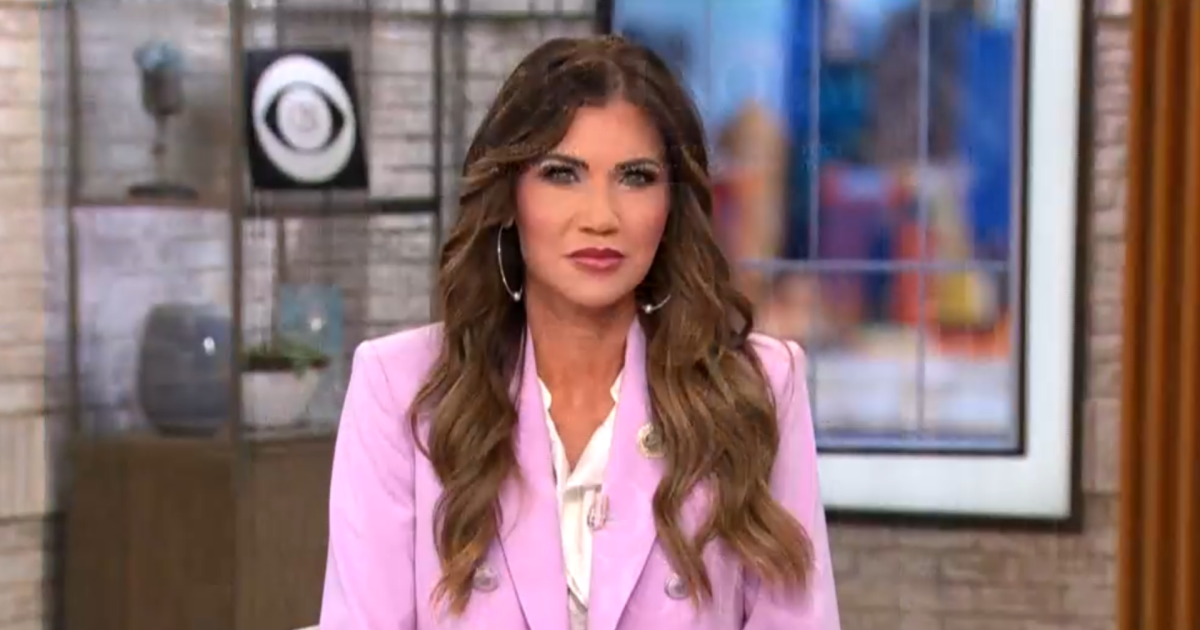Few signs of expected mass immigration raids
The nationwide crackdown on illegal immigrants the Trump administration said were going to start Sunday didn't materialize, reports CBS News' Laura Podesta. There were few reports of unusual activity by immigration agents.
The New York Times said instead of one massive, simultaneous sweep, the operation by U.S. Immigration and Customs Enforcement will be carried out as a series of smaller raids, spread out over several days.
The Reuters news service cited Mary Bauer, legal director of the Southern Poverty Law Center (SPLC) as saying there were no confirmed operations in large southern cities such as Atlanta. Reuters quoted her as saying, "Immigrants and immigrant communities all over the country are in hiding and people are living in these terrified, terrorized ways, because that is the point of this whole action, whether enforcement actions take place or not."
There were no reports of mass arrests from the American Immigration Council, Reuters added. That organization has lawyers at the ready to come to the aid of people taken to the family detention center in Dilley, Texas, the nation's largest.
No sweeps
CBS Houston affiliate KHOU-TV said there were no signs of large-scale ICE operations in any major U.S. city.
But Houston's usually busy immigrant communities were unusually quiet and slow Sunday. Parking lots at usually packed flea markets in southwest Houston were noticeably empty. Fewer people were out and about.
"We suspected people opted to stay home out of fear if they went out they'd be targeted by an ICE raid or something," said Cesar Espinoza, Executive Director of FIEL, an immigrants advocacy group in Houston.
Espinoza says many families have hunkered down at home and won't even open the door to their volunteers. "There's a lot of tension, a lot of fear," said Espinoza. "People are in panic mode."
Fewer food vendors were spotted in Chicago, as well, notes CBS Chicago. There were sporadic reports of raids Sunday, but none were confirmed by ICE, alderman or city leaders.
New York Mayor Bill de Blasio reported no arrests when he spoke to the media Sunday afternoon, CBS New York said.
Many Democrats criticized the administration's handling of the situation.
Still in the offing?
About 2,000 people are believed to be targets of the raids. The White House says they've been issued finals orders of removal from immigration judges.
The ICE operations were expected to occur in at least nine big cities.
Officials in a number of them spoke out against the raids, limited immigration agents' access to local police databases and took other measures to shield migrants from the agents. Activists did their best to let immigrants know their rights if ICE agents came knocking at their door.
The renewed threat of mass deportations has put immigrant communities even more on edge since Mr. Trump took office on a pledge to deport millions living in the country illegally. While such enforcement operations have been routine since 2003, his publicizing its start, and the politics surrounding it, have been unusual. Mr. Trump first announced the sweeps last month then delayed them to give lawmakers a chance to address the southern border.
Churches step in
Religious leaders across the country used their pulpits Sunday to quell concerns in immigrant communities and spring into action to help those potentially threatened by the operation.
With Sunday as the anticipated start, churches have been trying to strategize a response.
Cardinal Blase Cupich, the archbishop of Chicago, wrote a letter to Archdiocese priests this month saying, "Threats of broad enforcement actions by ICE are meant to terrorize communities." He urged priests in the Archdiocese - which serves over 2 million Catholics - not to let any immigration officials into churches without identification or a warrant.
The Rev. Robert Stearns, of Living Water in Houston, organized 25 churches in the city to make space available to any families who wanted to seek sanctuary while they sorted out their legal status. A dozen churches in the Los Angeles areas also declared themselves sanctuaries.
Attendance at church services on Sunday varied.
In Los Angeles, the Rev. Fred Morris looked out over his congregation at the North Hills United Methodist Hispanic Mission and was relieved to see everyone who usually attends the early Sunday morning service. He had worried many would stay home, fearing Trump's threat of immigration sweeps.
"Everybody is nervous," Morris said. "They are angry, very angry at being terrorized by our president."



